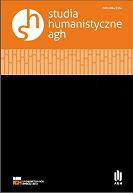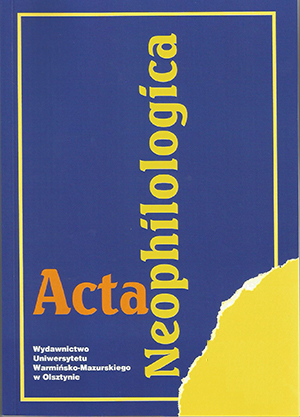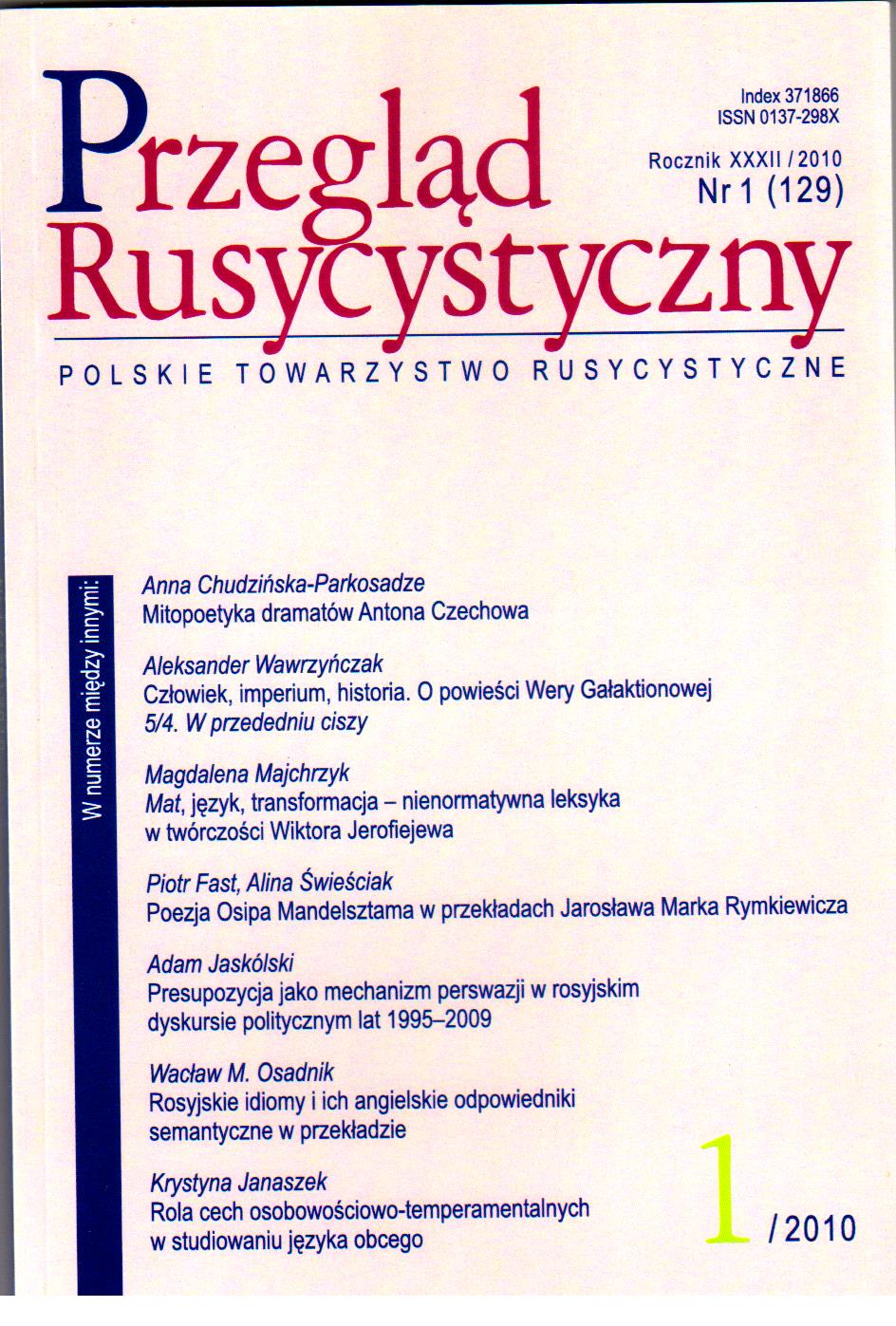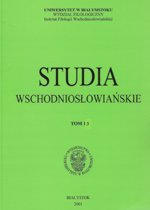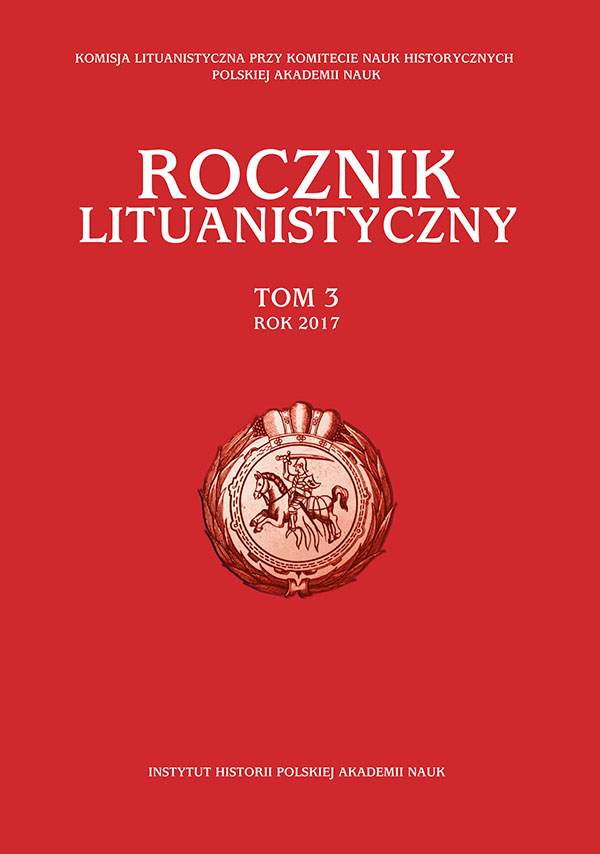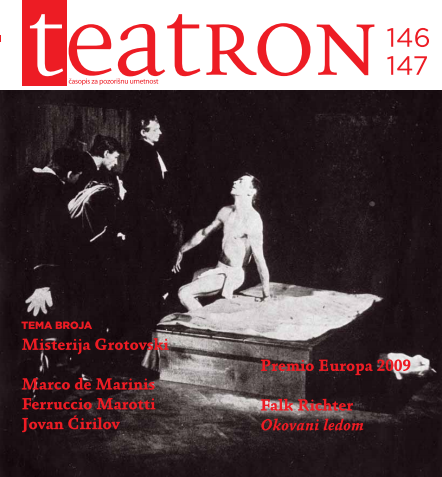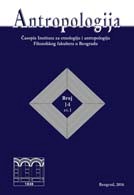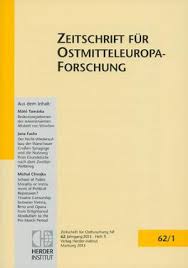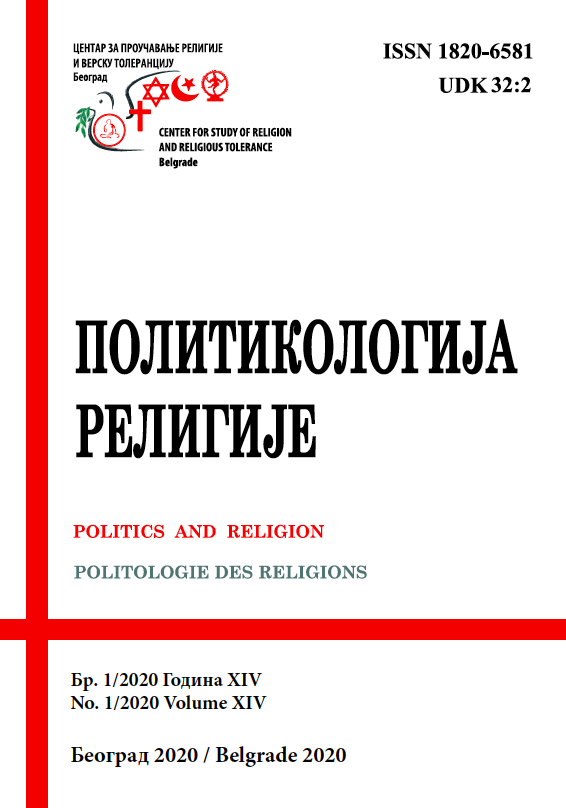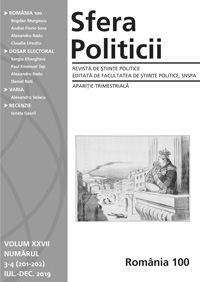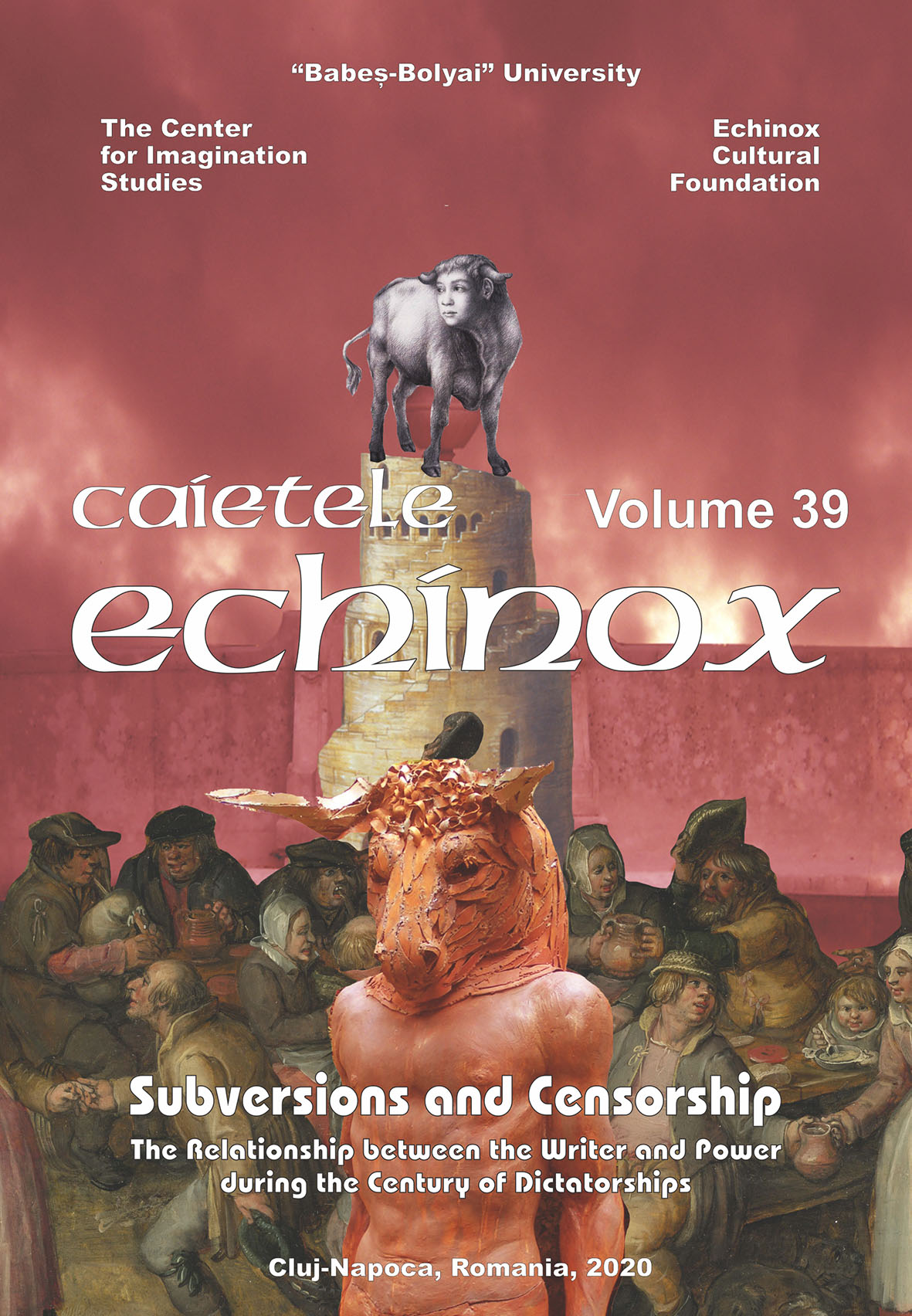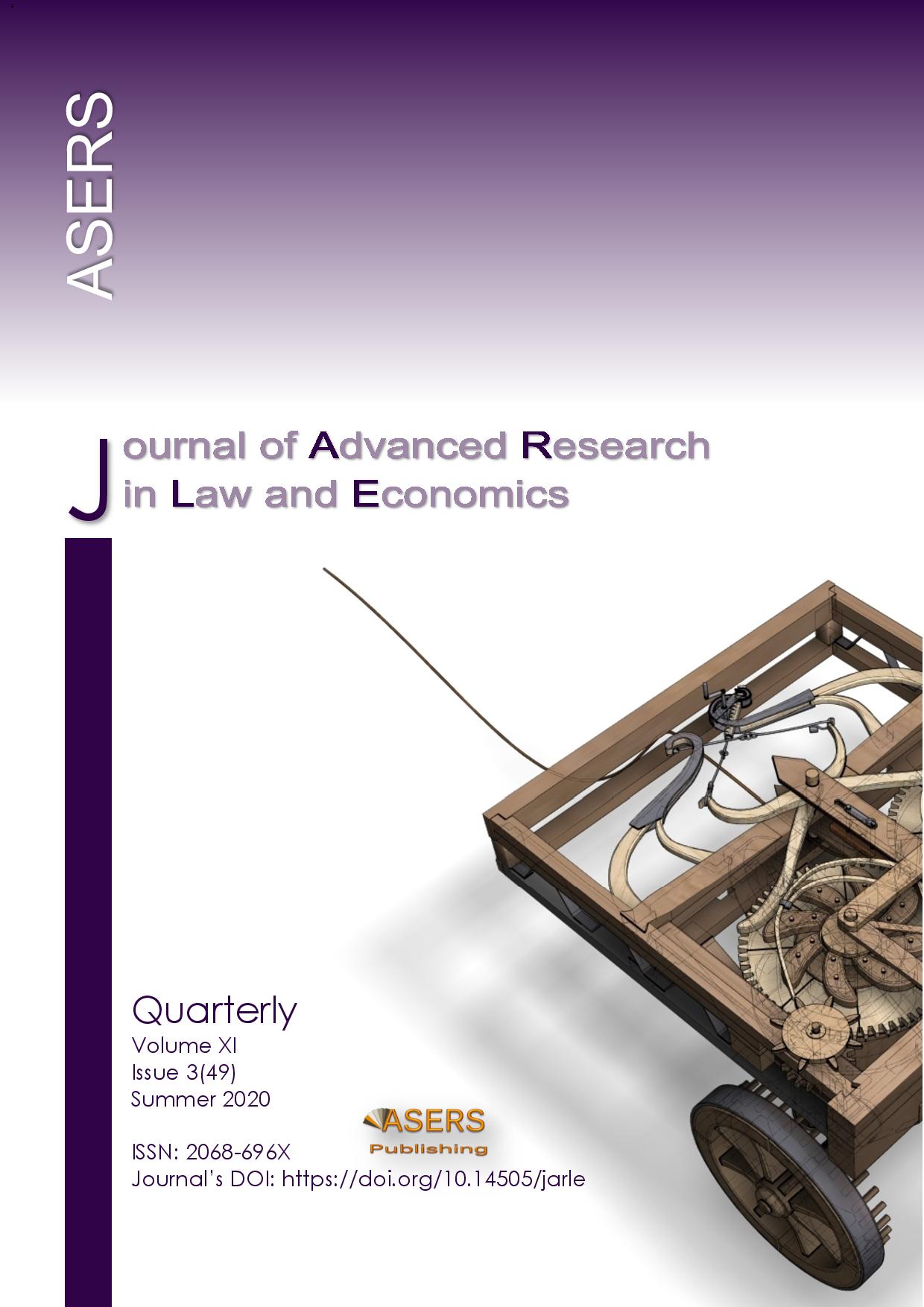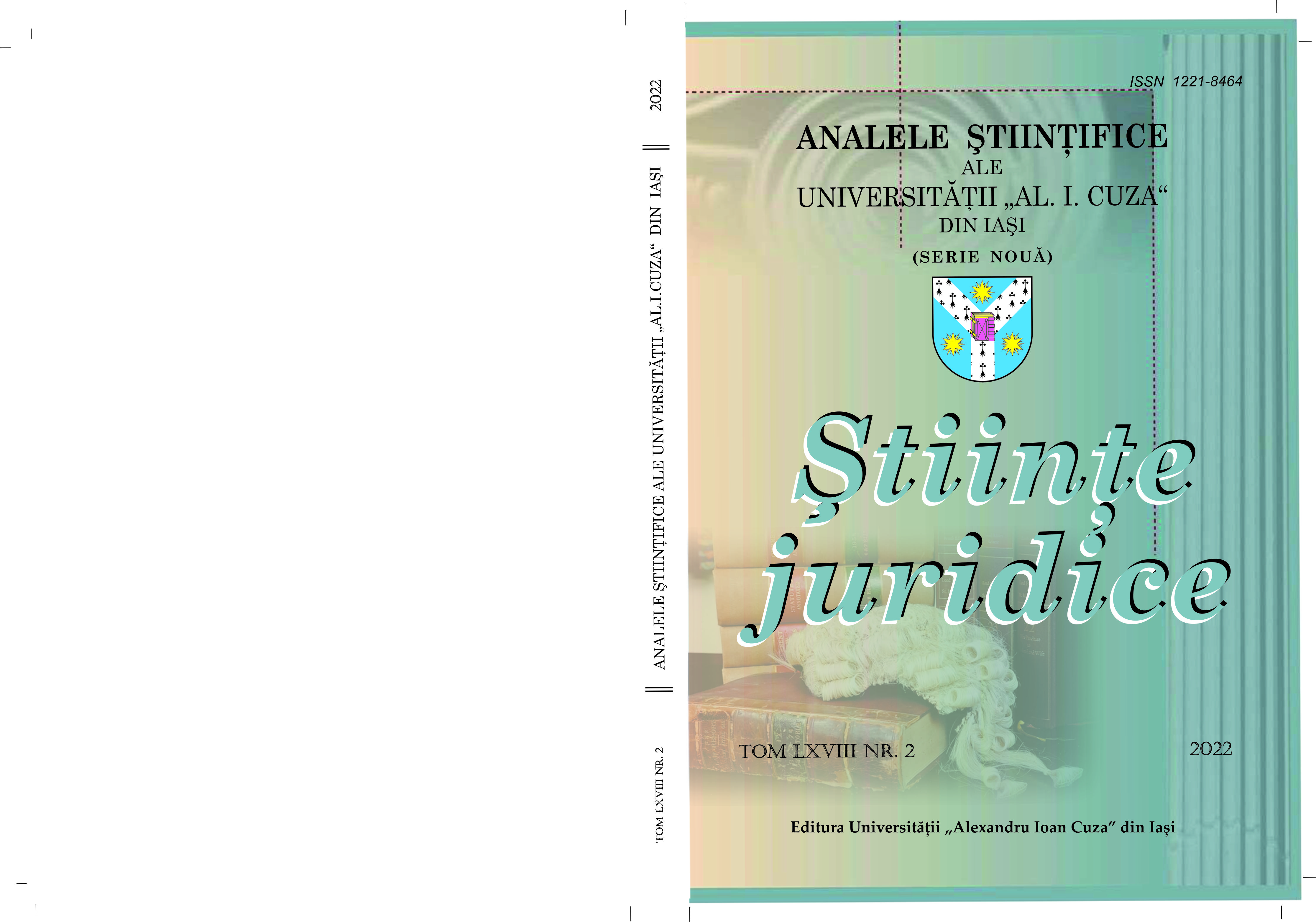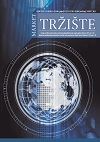
RESEARCH ON THE RELATIONSHIP BETWEEN INTERNAL COMMUNICATION CLIMATE AND JOB SATISFACTION AND EMPLOYEE LOYALTY
ISTRAŽIVANJE POVEZANOSTI INTERNE KOMUNIKACIJSKE KLIME SA ZADOVOLJSTVOM POSLOM I LOJALNOŠĆU ZAPOSLENIKA
Keywords: internal communication, communication climate, employee satisfaction, strategic organizational change, loyalty
Successful organizations dedicate considerable attention to the quality of internal communica- tions, which have a proven potential to contribute to creating competitive advantages in an increasingly demanding market. Internal communications have become a crucial prerequisite in creating new value to ensure customer and employee satisfaction. The purpose of this paper was to establish possible correlations between certain factors of the communication climate, and employee satisfaction and loyalty. The data used in this paper were collected by means of an employee survey, conducted in a pharmaceutical company immediately after it had undergone strategic changes, resulting from its new ownership structure and organizational culture. The factor analysis indicates five key factors of the communication climate: the availability of information about corporate activities as perceived by employees; satisfaction with co-workers; perceived job stability; perceived job importance within the organization and a perceived sense of injustice. The regression analysis confi rmed a positive correlation between a good communication climate and the employee satisfaction and loyalty during strategic organizational changes. This is an important piece of information for all those having doubts about how to communicate strategic changes.
More...
